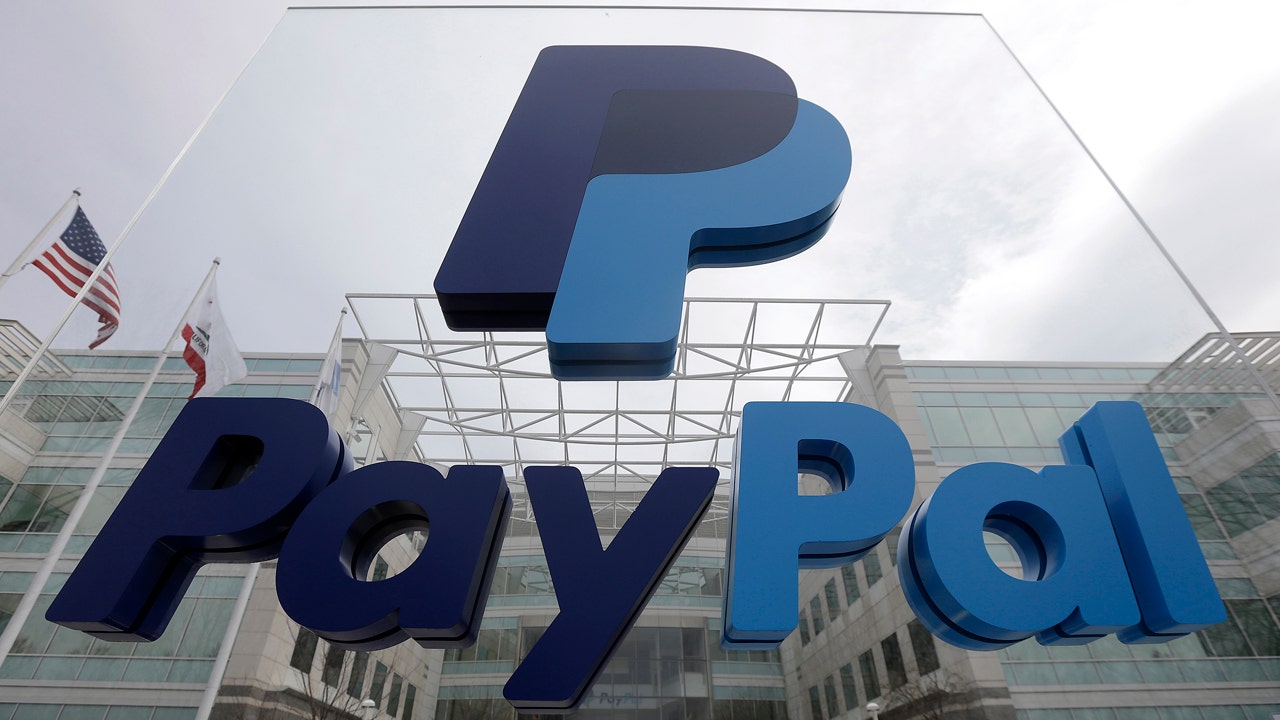Warning: This PayPal scam is everywhere right now

Recently, my husband Barry started receiving a flood of messages with the subject line “Reminder: You’ve still got a money request!” At first, it was concerning, but as the weeks went by, it became downright annoying. Barry wasn’t the only one getting these messages; it seems like there’s a sneaky scam going around that looks entirely legitimate because it actually comes from PayPal.
Let’s take a closer look at how this scam works so that you don’t fall victim to it.
The scam starts with an invoice sent through PayPal. The invoice may claim that a payment is due for a purchase or that a payment was processed due to a technical error. Since the message is sent through PayPal’s platform, it looks real, and scammers hope that you’ll panic and act without thinking. PayPal is a trusted platform, so when you see their logo and familiar format, it’s easy to let your guard down.
The invoice is, of course, bogus. Scammers are exploiting PayPal’s system, which allows anyone with an account to send an invoice, to make it seem legitimate. The invoice usually includes a phone number that you can call for support, listed as PayPal’s number. However, it’s actually someone ready to steal your money and information. Each scam email may have a different phone number attached.
Calling the fake support number is the worst thing you can do. The scammer may ask for your login details or payment card information to “resolve the issue.” In some cases, they may even install malware on your device to steal passwords and financial details in the background.
PayPal will never send invoices for random purchases that you didn’t authorize. If something seems off, trust your instincts and double-check before taking any action. Look at the sender’s email and transaction history, and if it’s not a company or person you recognize, it’s likely a scam. Also, double-check the invoice recipient, as all the scam emails may have someone other than the intended recipient listed in small text at the top.
If you receive a suspicious invoice, do not call any of the phone numbers listed. Instead, go directly to the official website to find the correct contact information. If in doubt, contact customer service. They can help determine if the invoice is legitimate or a scam.
If you’re sure the invoice is fake, delete it. Before doing so, report it to PayPal. Reporting scams helps not only yourself but also others. By flagging fake invoices to PayPal, their team can track patterns, shut down scammers’ accounts, and warn others about similar tactics. You can report suspicious invoices through the Resolution Center on your PayPal account or by forwarding the email to phishing@paypal.com.
To enhance the security of your PayPal account, set up two-factor authentication. This extra layer of security ensures that you receive a code when logging in, making it harder for scammers to access your account.
Scams like these are sneaky, but with a bit of knowledge, they’re easy to spot. Share this information with your friends and family to help them avoid falling for similar scams. Stay vigilant and protect yourself from online fraud.




